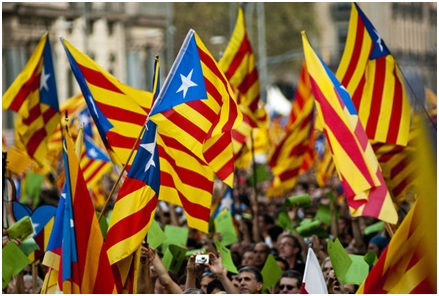 Our special series on Nationalism and Education from the SEN Online archives comes to an end with…
Our special series on Nationalism and Education from the SEN Online archives comes to an end with…
‘Advancing Peace Culture in the Basque Autonomous Community: The Basque Education Plan for Peace and Human Rights (2008-2011)’, by Stuart Durkin, in Volume 13, Issue 3 (December 2013), pp. 342-357.
‘Approved in December 2007, The Basque Education Plan for Peace and Human Rights (2008-2011) represents the most sophisticated policy development of its kind in over 30 years of autonomous governments. While by no means a panacea for ethno-nationalist conflict in this context, the policy is nevertheless a significant development and carries the potential to make a significant contribution to the cause of sustainable peace-building and reconciliation.
By way of both an exposition of its principal aims and objectives, as well as an analysis of the political furore which accompanied its development, the article exposes the policy’s principal limitation, its tendency towards indirectness. The article argues, however, that in structural terms peace education is advanced through the creation of a coordinating forum between the Basque government and organised Basque civil society. Moreover, despite this tendency towards indirectness, the policy initiates the necessary task of approaching issues hitherto largely avoided.’

